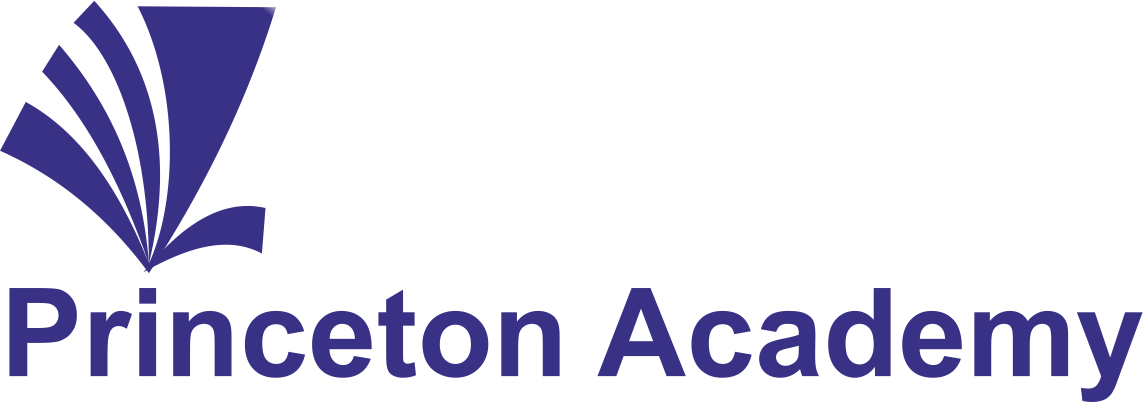[vc_row][vc_column width=”2/3″][vc_column_text]
Zero Defects Management
[/vc_column_text][vc_tta_tabs style=”modern” color=”sky” active_section=”1″ no_fill_content_area=”true”][vc_tta_section title=”Description” tab_id=”1471339588640-175fbeb6-4a46″][vc_column_text]Quest for zero rejection in every operation and service is our mission. Over a period of time complacency creeps in every organization. Delivering products with high quality — defined as “meeting specifications at the lowest possible cost†is a top priority for manufacturers and  service providers
Zero Defects management is aimed at the reduction of defects through prevention of defect generation. It means ensuring the highest quality standards in meeting customer’ expectations with ultimate aim to reduce the level of defects to zero.
The overall effect of achieving zero defects is the maximization of profitability.
Measurement of the Process Capability helps to understand the defect level.
The program through work place exercises helps to gain necessary skill set to optimize the processes leading to zero defects.
Zero defects should lead to direct measurable financial goals leading to higher
- Quality
- Return on Investment
- On-Time Delivery
- Order fill rate
- Inventory turns
with lower Throughput time
Any process (be it in aerospace, electronics, automotive industry , telecom, banking and financial services, IT, HR, marketing) exhibits a degree of variation. This variation creates uncertainty in our ability to produce a desired outcome. Some variations- within limits might be okay. A little too much variation here or there, and you might have some repairs or rework on your hands. And too much altogether, and you’re either out of a job or out of business.
The measurement, analysis, and control of variation is the central theme to defect free products and services.
The program helps you develop “Cost of Quality model“ of your product / service by understanding every activity as a process.
A process is a series of activities or steps used to transform input(s) into output(s). When these processes are not managed effectively quality gets a beating and customer suffers and if the process is not controlled effectively we lose a customer.
One of the primary objectives of total quality control is to create processes in which individuals or groups “do it right the first time“ and “do the right things right†i.e. meeting or exceeding the expectations of customers both internal and external leading to elimination of wastes , rework , defects and ultimately conformance to valid product requirements.
Analytical problem solving approach helps us to constantly improve processes by building in feedback loop in every process. This feedback loop helps us to continuously evaluate and improve the processes, improve process capability  , Process Sigma. Help us move from percent rejection to Defects per million.
Zero Defect Management initiatives focus on identifying hidden factory (Performing wasteful tasks) , First pass yield and Rolled throughput yield with focus on defect free process output without being scrapped or ever reworked
The 7 QC tools help us to constantly improve processes by building in feedback loop in every process. This feedback loop helps us to continuously evaluate and improve the processes :
The program coverage and contents of the workshop will be as follows:
- Quality and grade
- DMAIC Process
- Histogram and Standard Deviation
- Process variation (St & Lt)
- Aligning VOB, VOC to VOP
- Hidden factory
- FTY & RTY
- Taguchi loss curve
- Process capability Cp
- Process capability Index Cpk
- Cause and Effect  Pareto chart
- Scatter chart to establish Y = fX + n
- SIPOC  FMEA
- Calculating RPN
Case studies and Exercises
The program is useful to all segments of industry incl Manufacturing , Quality , Procurement , HR , Sales , Hospitality . IT , Customer support , Logistics etc. : all sectors looking for improvement in their performance , yield and service with the ultimate growth in ROCE and Economic Value Addition[/vc_column_text][/vc_tta_section][vc_tta_section title=”How to Register” tab_id=”1481352255460-d68d0b0f-938c”][vc_column_text]Timings: 9:30 am – 5:00 pm, Registration begins at 9:00 am
How to Register:
- Fees: Rs. 8,950/- + 18% GST Per Person
- Please write to register@princetonacademy.c
o.in / Call -022 67256200 - Mention the name of participant, company, contact details.
- Fees include lunch, tea, course material, participation certificate etc.
[/vc_column_text][/vc_tta_section][/vc_tta_tabs][vc_btn title=”Click Here to Register” color=”sky” align=”center” i_type=”openiconic” i_icon_openiconic=”vc-oi vc-oi-pencil” button_block=”true” add_icon=”true” link=”url:https%3A%2F%2Fprincetonacademy.in%2Fproducts-page%2F%3Fadd-to-cart%3D5516|title:https%3A%2F%2Fprincetonacademy.in%2Fproducts-page%2F%3Fadd-to-cart%3D5516||”][/vc_column][vc_column width=”1/3″][vc_btn title=”Click Here to Register” color=”sky” align=”center” i_type=”openiconic” i_icon_openiconic=”vc-oi vc-oi-pencil” button_block=”true” add_icon=”true” link=”url:https%3A%2F%2Fprincetonacademy.in%2Fproducts-page%2F%3Fadd-to-cart%3D5516|title:https%3A%2F%2Fprincetonacademy.in%2Fproducts-page%2F%3Fadd-to-cart%3D5516||”][vc_column_text]Timings: 9:30 am – 5:00 pm, Registration begins at 9:00 am
How to Register:
- Fees: Rs. 8,950/- + 18% GST Per Person
- Please write to register@princetonacademy.c
o.in / Call -022 67256200 - Mention the name of participant, company, contact details.
- Fees include lunch, tea, course material, participation certificate etc.
[/vc_column_text][/vc_column][/vc_row]
